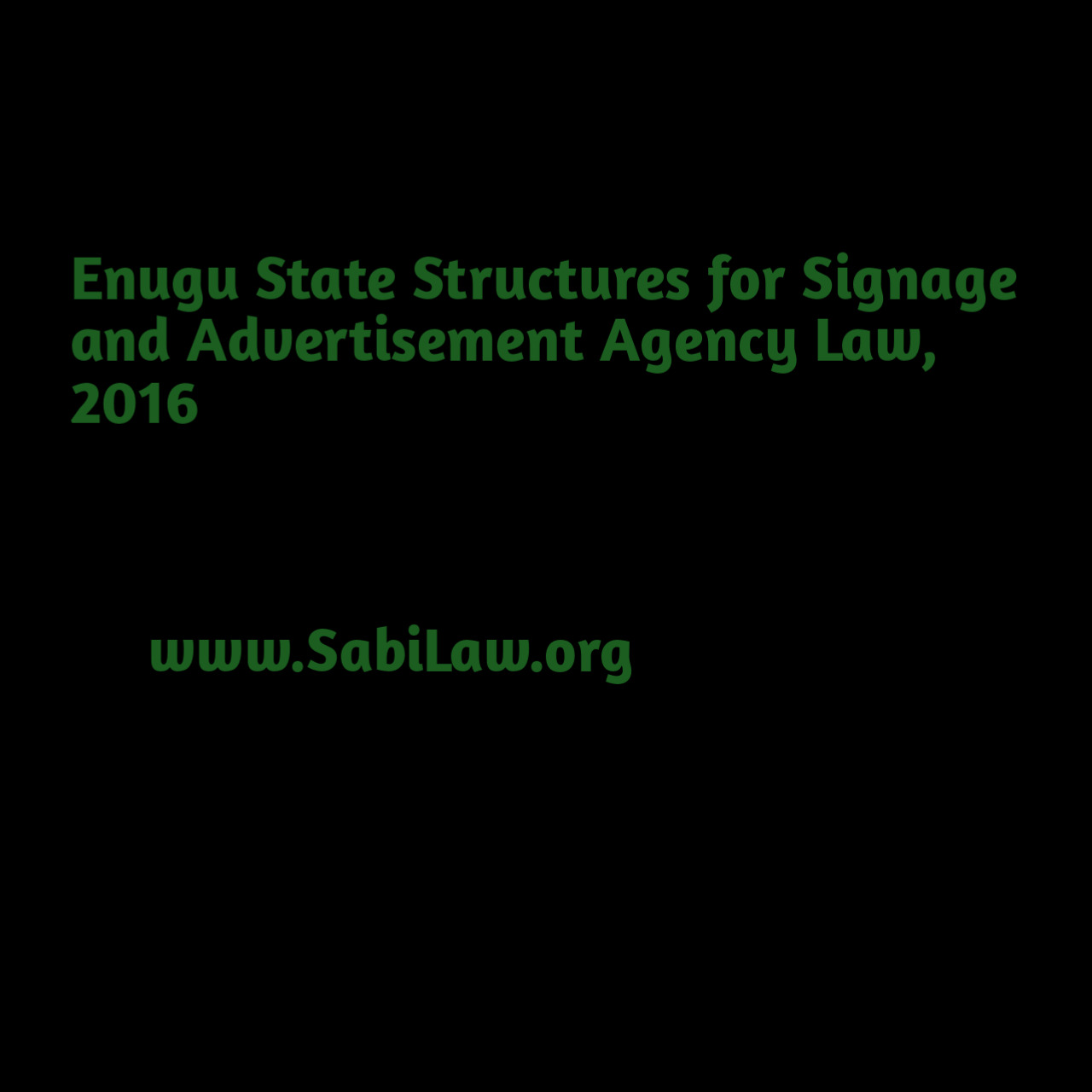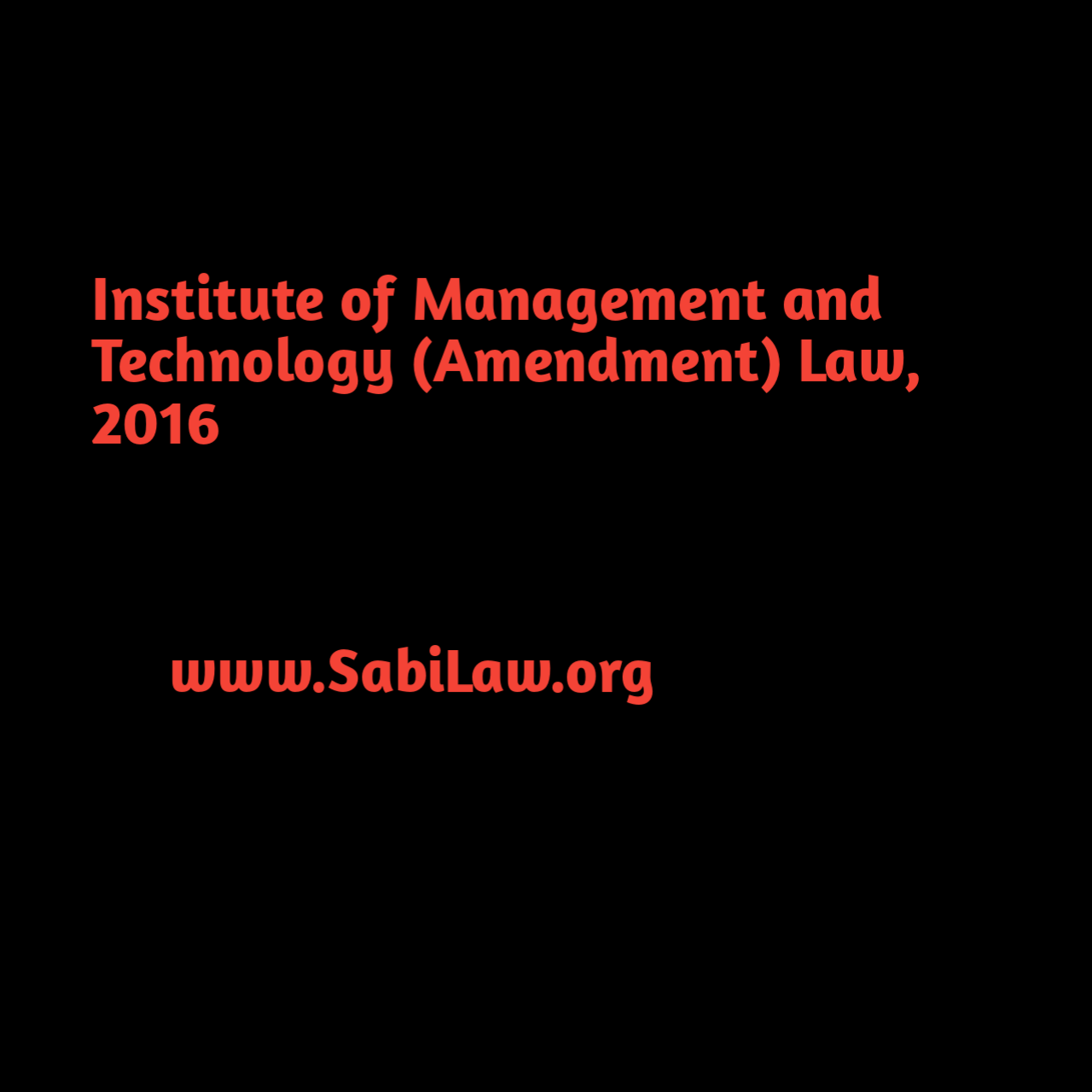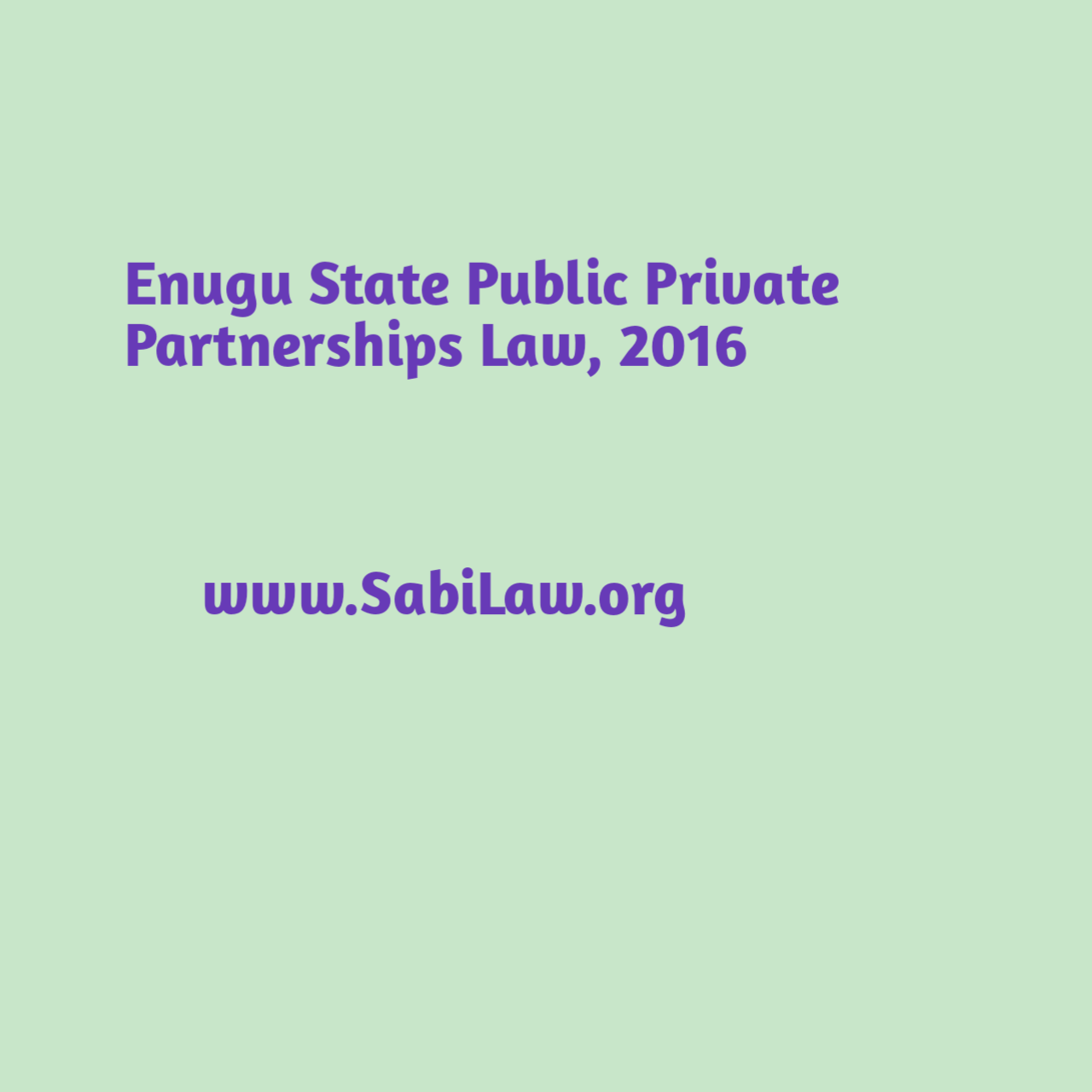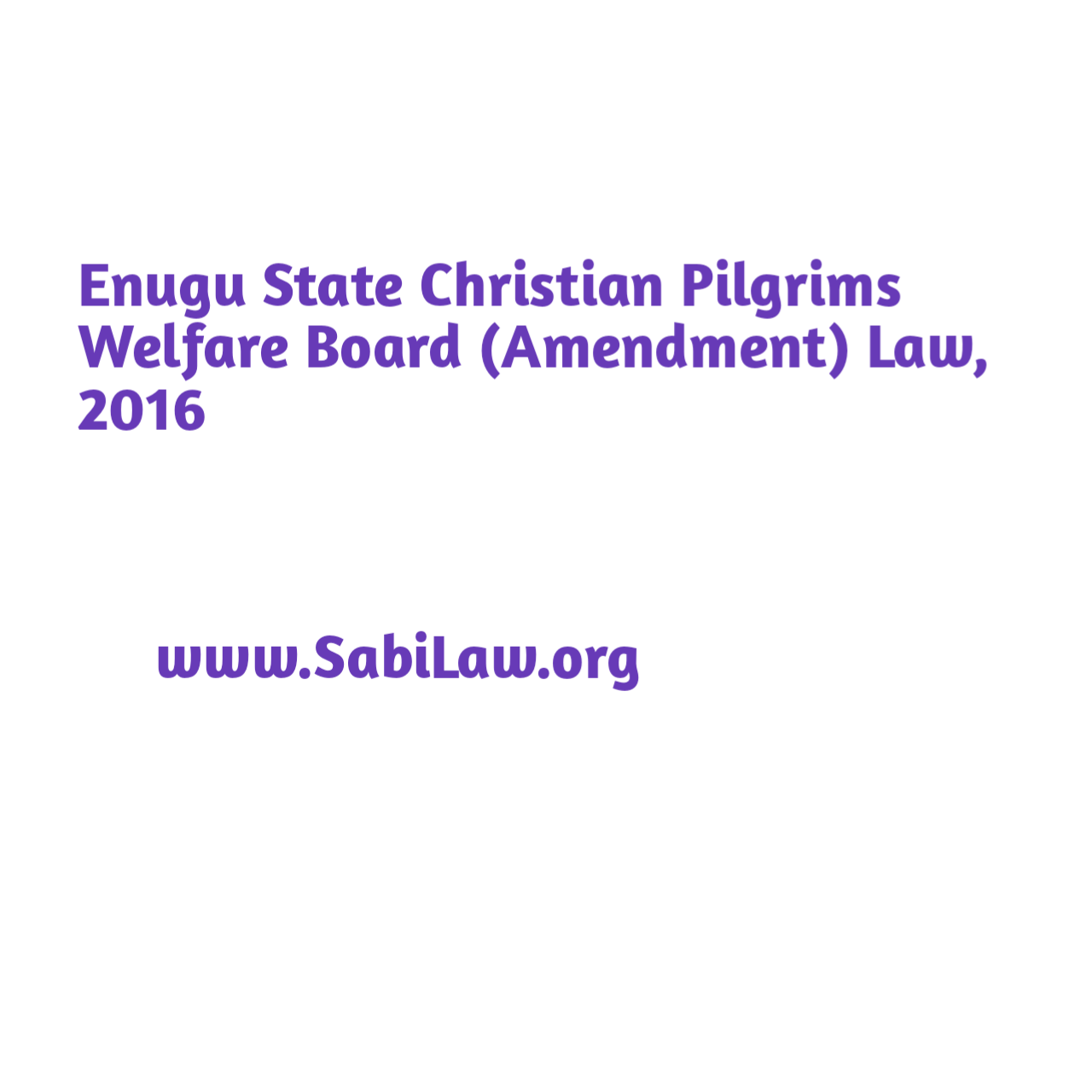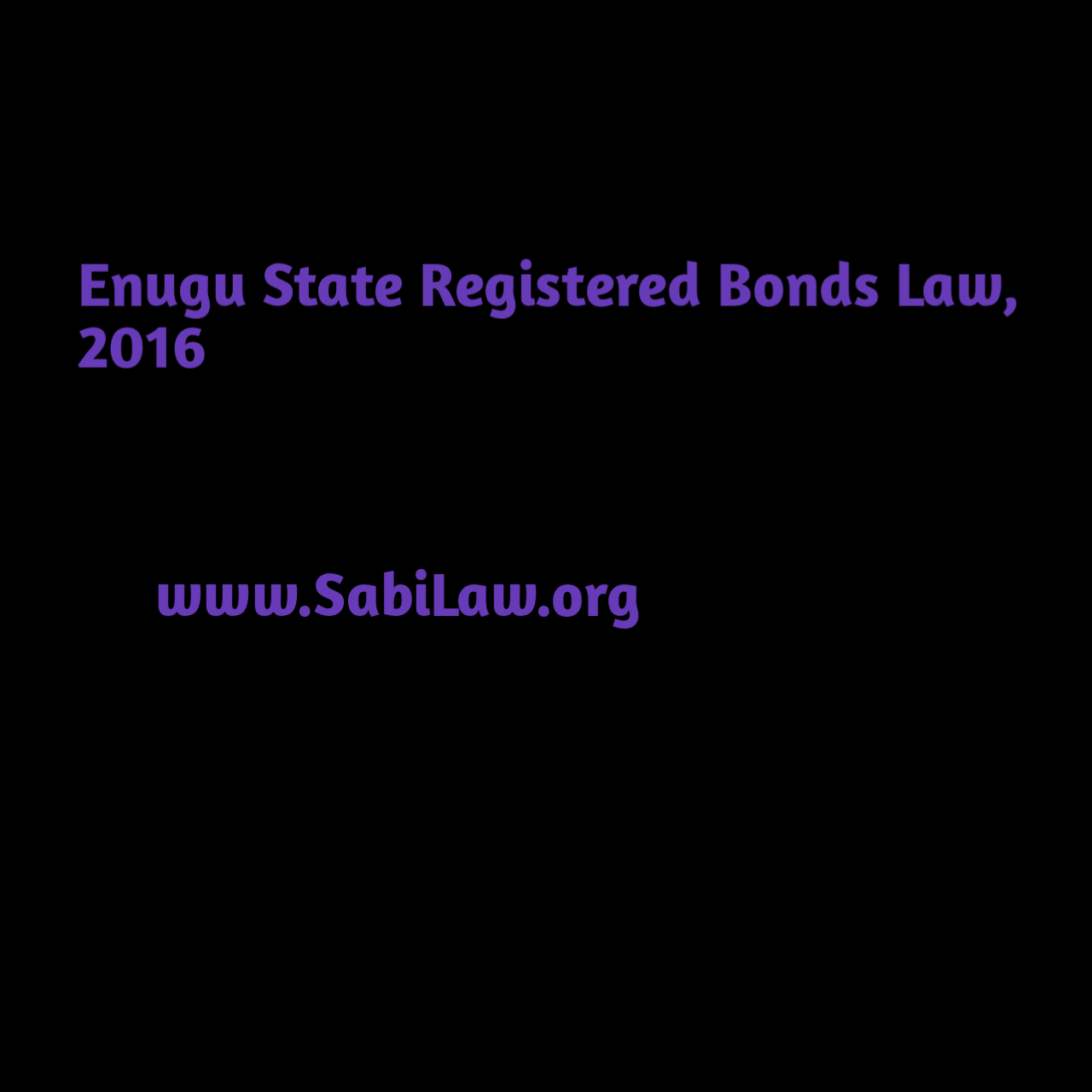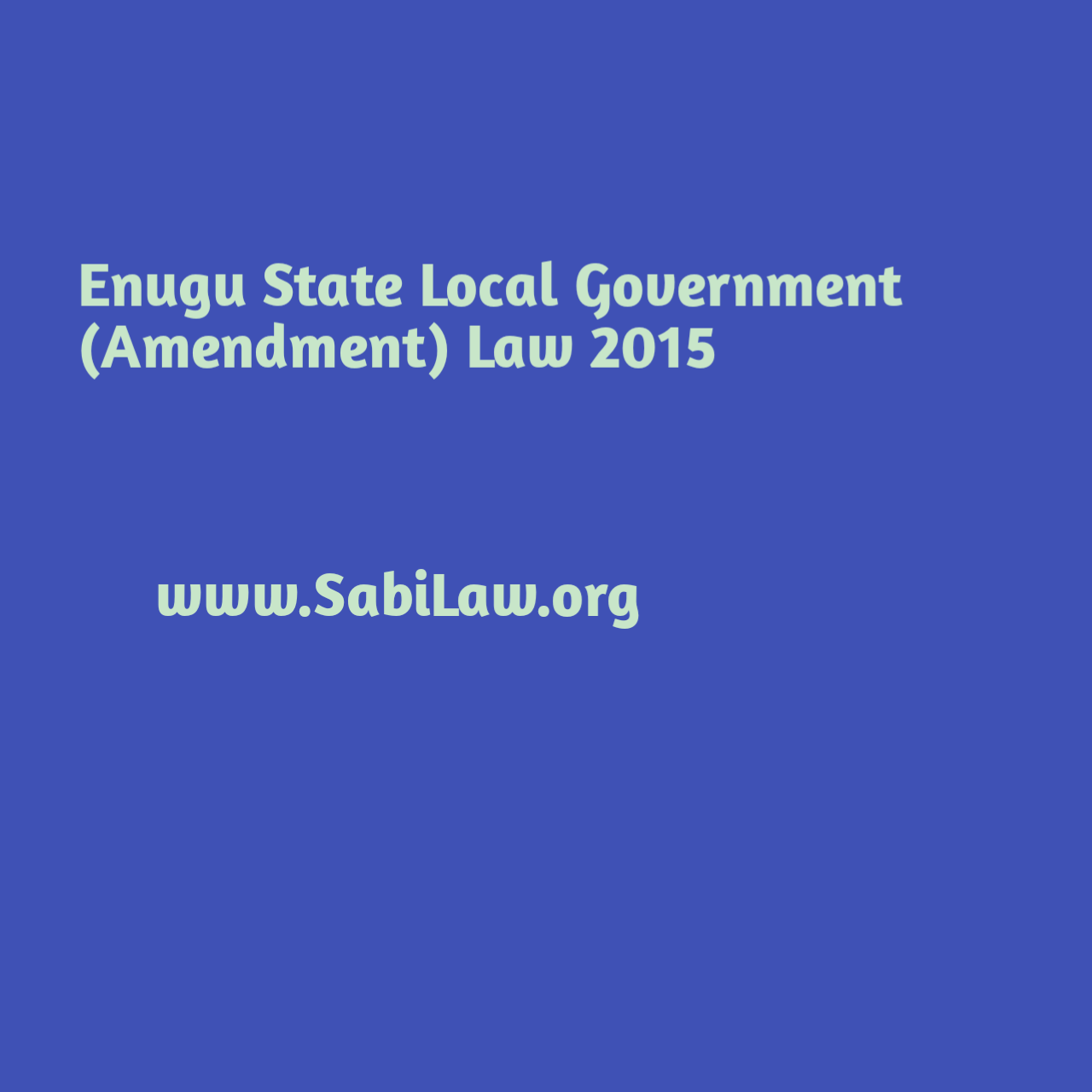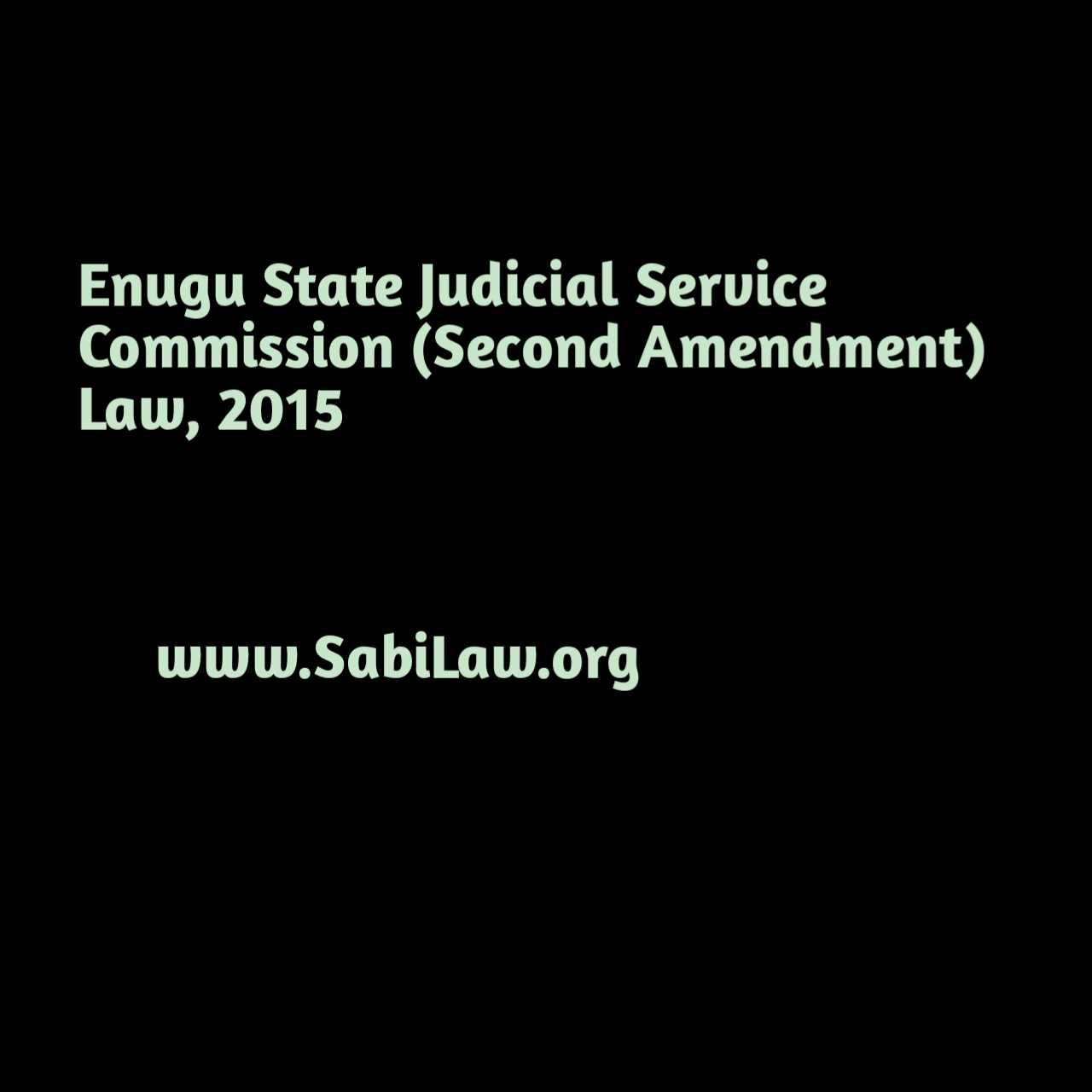Right To Strike: The Rose With Its Thorns
By Ikechukwu James Orji (LL.B)
In the course of industrial relation dispute may arise due to conflict or disagreement between the Employer and the Employee(s), it results in dissatisfaction of either of the parties involved and hence lead to industrial dispute or conflicts. It may manifest in various forms such as protests, strikes, demonstrations, lock-out and so on. Industrial dispute is not peculiar to Nigeria alone as it occurs in every country because conflict is part of human existential nature. The focus of the piece is on strike, particularly in Nigeria.
In Nigeria, the first strike was recorded on the 21st day of June 1945, after failure of protracted presentations to the government for salary increase to meet the very high increase in cost of living. It is on record that about 150,000 (One hundred and fifty thousand) clerical workers in the Nigeria Civil Service came together in a general strike of all Government Departments and this errand the season of strike action in Nigeria which has now been on an increase in today’s Nigeria.
Strike as defined by Lord Denning in the locus classicus case of Tram Shipping Corporation v Greenwich Marine Inc. (1975) 2 All ER 989 is “a concerted stoppage of work by workmen done with a view to improving their wages or conditions of employment or giving vent or conditions of employment, or protest about something or other, or supporting or sympathizing with other workers in such endeavor”. Section 48(1) Trade Dispute Act Vol. 15 CAP T8 Laws of the Federation of Nigeria 2004 defined strike to mean “the cessation of work by a body of persons employed acting in combination or a concerted refusal under a common understanding of any number of persons employed to continue to work for an employer in consequence of a dispute, done as a means of compelling their employer or any person or body of persons employed, or to aid other workers in compelling their employer or any person or body of persons employed, to accept or not to accept terms of employment and physical conditions of work”.
Strike has been recognized to be the means by which employees exert pressure on their employers to accede to their demands. Right to strike is one of the most cherished and most used tool in the armament of trade unions in Nigeria, particularly in the public sectors. It is often seen as the most powerful weapon and safeguards in other to draw the attention of their employers (the government). It is an integral part of the right to protect and defend their economic and social interest. Right to strike is protected under common law, the Nigerian constitution, other Nigerian Legislation and the International Labour Treaties.
Strike actions comes with its effects and implications. It tells more on the employer than on the employee as work and business would be grinded to a halt. The employer suffers for a lot of loss while the employee has little or nothing to lose during this period of hostility and most times it gives room for the employee to make unrealistic demands. Many at times they Employees are still paid for the period of time that they embark on the strike, that is they are being paid for not carrying out their duties and halting the business. In the case of public institutions, the general public is left to bear the brunt of this industrial disputes. Hospitals are closed and sick patients unattended to, schools are closed down against poor students who cannot afford to attend private schools, petroleum resources are denied the common man who depends on them for their daily survival, these and many more all in the name of strike and the common citizens are bound to the philistines during this period.
In other to stem the tide of incessant strike and to reduce the casualty and resultant loss on the employers the drafters of the Trade Dispute Act in their wisdom made provision of Section 43 of the Trade Dispute Act 2004. Though the section recognizes the right of Employees to embark on strike action it also provides for corresponding right of the Employers to withhold the employee’s wages for the said period, which is the basis of the famous maxim ‘No work, No Pay’. Haven recognized the protected right of the Employee to embark on strike where there is a breakdown in negotiation with their Employers the section also appreciated that something must give in, which is that the Employer also have the right to withhold the wages of the Employee within this period to check the excesses of trade unions and workers’ association. This is entrenched in equity that only persons who work are entitled to wages.
Despite the provision of Section 43 of the Trade Dispute Act 2004 the government of Nigeria over the years have out of generosity (or ignorance of the said provision) paid Trade Unions their wages during the period the different workers union has embarked on strike actions. It now seems like it is a right to demand for wages during the period of strike. No it is not a right! It is high sense of generosity on the side of government if wages are paid after embarking on strike. It is repugnant to natural justice, equity and good conscience for Trade Unions to demand for wages for the period which they down tools and did not do any work. Every struggle comes with its own sacrifice just like every beautiful rose has its thorn. The Trade Unions cannot want the rose without its thorns, they should be able to sacrifice for their struggles.
****************************************************************************************
This work is published under the free legal awareness project of Sabi Law Foundation (www.SabiLaw.org) funded by the law firm of Bezaleel Chambers International (www.BezaleelChambers.com). The writer was not paid or charged any publishing fee. You too can support the legal awareness projects and programs of Sabi Law Foundation by donating to us. Donate here and get our unique appreciation certificate or memento.
DISCLAIMER:
This publication is not a piece of legal advice. The opinion expressed in this publication is that of the author(s) and not necessarily the opinion of our organisation, staff and partners.
PROJECTS:
🛒 Take short courses, get samples/precedents and learn your rights at www.SabiLaw.org
🎯 Publish your legal articles for FREE by sending to: eve@sabilaw.org
🎁 Receive our free Daily Law Tips & other publications via our website and social media accounts or join our free whatsapp group: Daily Law Tips Group 6
KEEP IN TOUCH:
Get updates on all the free legal awareness projects of Sabi Law (#SabiLaw) and its partners, via:
YouTube: SabiLaw
Twitter: @Sabi_Law
Facebook page: SabiLaw
Instagram: @SabiLaw.org_
WhatsApp Group: Free Daily Law Tips Group 6
Telegram Group: Free Daily Law Tips Group
Facebook group: SabiLaw
Email: lisa@sabilaw.org
Website: www.SabiLaw.org
ABOUT US & OUR PARTNERS:
This publication is the initiative of the Sabi Law Foundation (www.SabiLaw.org) funded by the law firm of Bezaleel Chambers International (www.BezaleelChambers.com). Sabi Law Foundation is a Not-For-Profit and Non-Governmental Legal Awareness Organization based in Nigeria. It is the first of its kind and has been promoting free legal awareness since 2010.
DONATION & SPONSORSHIP:
As a registered not-for-profit and non-governmental organisation, Sabi Law Foundation relies on donations and sponsorships to promote free legal awareness across Nigeria and the world. With a vast followership across the globe, your donations will assist us to increase legal awareness, improve access to justice, reduce common legal disputes and crimes in Nigeria. Make your donations to us here or contact us for sponsorship and partnership, via: lisa@SabiLaw.org or +234 903 913 1200.
**********************************************************************************












































